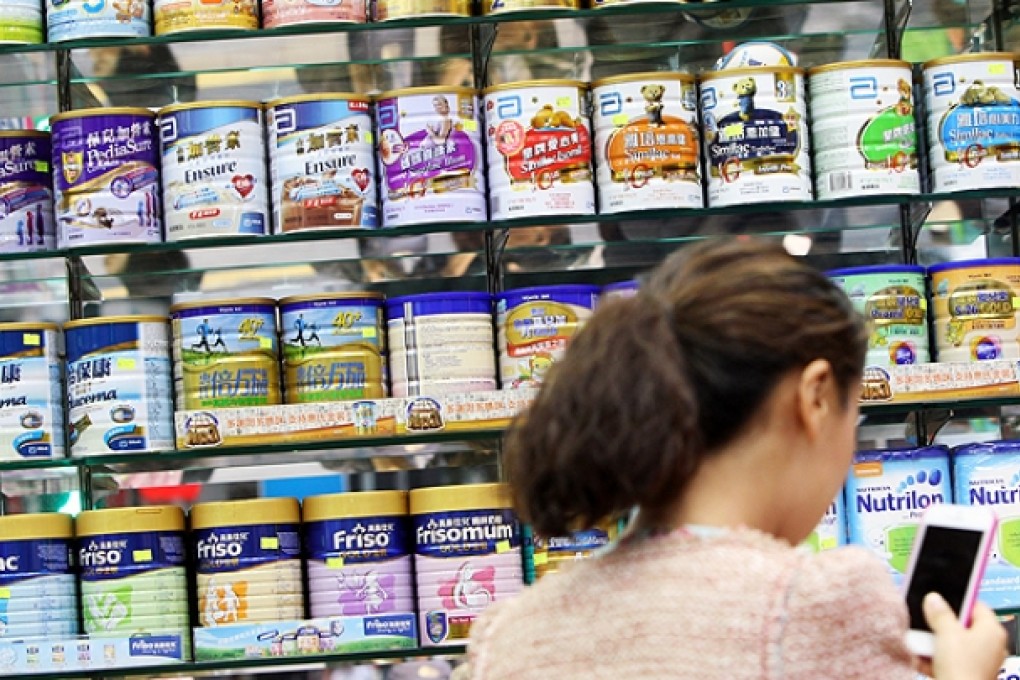SCMP defends report on trans-fat levels in baby milk formula
Xinhuanet, a news portal affiliated with Xinhua, claimed in an article on Tuesday that the South China Morning Post was spreading fear among mainland parents by saying that mainland brands of infant milk formula contain trans-fat.

Xinhuanet, a news portal affiliated with Xinhua, claimed in an article on Tuesday that the South China Morning Post was spreading fear among mainland parents by saying that mainland brands of infant milk formula contain trans-fat.
In one of the articles, it said that a Hong Kong newspaper "used the mainland public's high concern and sensitivity towards baby formula, as well as their lack of familiarity with trans-fat, to create irrational fear".
“The SCMP is an independent and credible media organisation in Hong Kong,” said Wang Xiangwei, editor-in-chief of the Post. “In the interests of our readers, we ran a factual and fair story that accurately reflected the findings of experts in the field.”
In the interests of our readers, we ran a factual and fair story that accurately reflected the findings of experts in the field
Wang said the decision to test the infant formulas was made months ago and was not in response to the mainland’s current campaign against alleged monopolistic pricing tactics by certain foreign companies.